Teenagers all over the world use social media and messaging apps as part of their daily lives. This is accompanied by growing concerns about negative effects of social media on youth mental health – and ongoing debates around limiting screen time and access to digital devices.
What’s frequently missing in these conversations, though, is what teenagers themselves think. How do online activities affect their mental health? How do they want adults to engage with them around this issue? Figuring out the concerns that young people have is crucial to addressing the ways these might be affecting their mental health.
In our recent research, we collaborated with Unicef and partners around the world to interview over 490 young people aged ten to 19 about their mental health and use of digital communication. This was a unique study, given the diversity of countries included: Belgium, Chile, Egypt, Indonesia, Jamaica, Jordan, China, Malawi, Switzerland, Sweden and the United States.
We found that the young people had nuanced views. They reflected on both positive and negative aspects of digital communication. The views they expressed were fairly similar across countries and income levels, pointing to shared sentiments among young people in an increasingly globalised digital world.
Across countries, young people repeatedly mentioned that adults are not sufficiently involved or do not understand what children and teenagers do online. They also pointed out that adults too seldom reflect on their own digital activities. And perhaps contrary to what adults might expect, young people wanted adults to know and care about their online lives. A young boy from Chile said:
I have a friend that I met through a game. He speaks to me six days a week to tell me that he has problems and that he cannot tell his parents, because when he tells them they minimize it. I try to help him […] but I am not an adult who has lived those things.
Many participants emphasised that digital communication can provide social and emotional support and belonging, which are good for wellbeing. But young people also reported how digital interactions can increase stress and anxiety by constant social comparisons, cyberbullying and time-wasting. They wanted adults to give them more guidance about how to deal with what they experienced online.
StockImageFactory.com/Shutterstock
According to the young people, the quality of their online interactions is really important. Positive and supportive communication tends to act as a buffer to negative emotions. Negative interactions or passive consumption of others’ content, however, tend to create or amplify poor mental health, such as symptoms of depression.
Comparisons and bullying
They told us that constant comparisons with celebrities and influencers – their physical appearance and economic success – create unrealistic life expectations and promote harmful gender stereotypes. For girls in particular, this meant a pressure to look “pretty”, as well as feeling that their self-worth was linked to the number of likes or interactions received on social media posts.
Many young people told us they knew that online content is not necessarily genuine, but that such social comparisons still affected their mental health negatively. A teenage boy in Sweden said:
I think social media has a very big influence. You compare yourself with other people. You don’t see that they are another human being, [that] they have other problems. You only see this facade of a human being that is perfect, and it makes you feel worse.
Another major negative aspect was bullying on social media or in chat groups. Digital tools extend bullying from physical settings, such as in school, into young people’s private spaces. “With social networks we are never protected from the opinions of others,” one boy said.
Both boys and girls feared their photos being misused or being disseminated in embarrassing or threatening ways. Young people in a number of countries also felt that girls are more vulnerable to sexually explicit abuse online.
But young people globally agreed that digital communication helps them to develop and strengthen their social connections. Our interviews took place during the COVID-19 pandemic, when this connection was particularly important. Social media helped them to make new friends from far away who shared similar interests or faced similar challenges. This created mutual support to navigate mental health challenges. A teenage girl in Chile said:
You sometimes get stuck on the internet because there are people who you can get to know, who for example have the same interests, and there you no longer feel rejected… The people around you, they do not accept you…. [The internet] can make you feel better, like you are not alone.
The young people also told us that social media and online gaming distract them from problems and stressors, helping them cope with mental distress. They talked about the value of anonymous help for mental distress online, as well as being able to find accessible information about mental health online.
To help young people deal with how their online lives affect their mental health, adults need to strengthen their own digital literacy and listen to young people’s perspectives. Initiatives that promote safer online environments should be designed together with young people to be relevant, trusted, and effective.

The post “What teenagers want adults to know about their digital lives” by Leo Ziegel, Independent Postdoc Affiliated with the Global & Sexual Health research group (GloSH), Karolinska Institutet was published on 11/18/2025 by theconversation.com









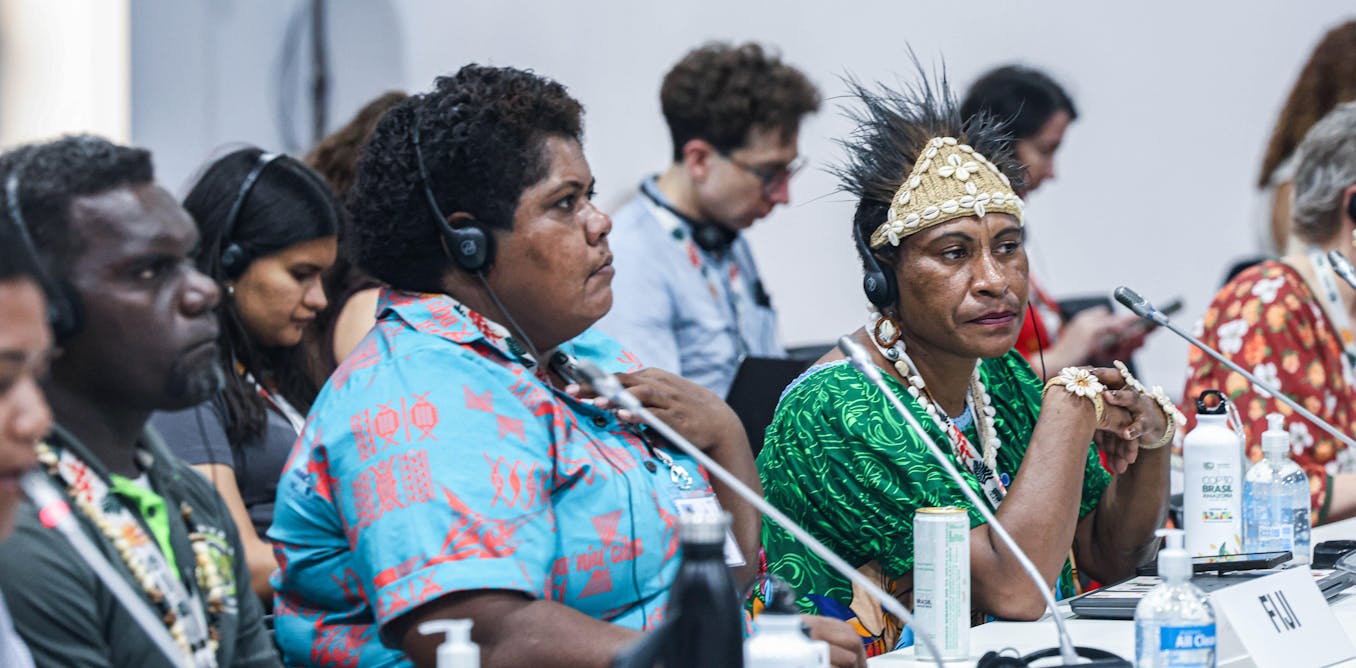

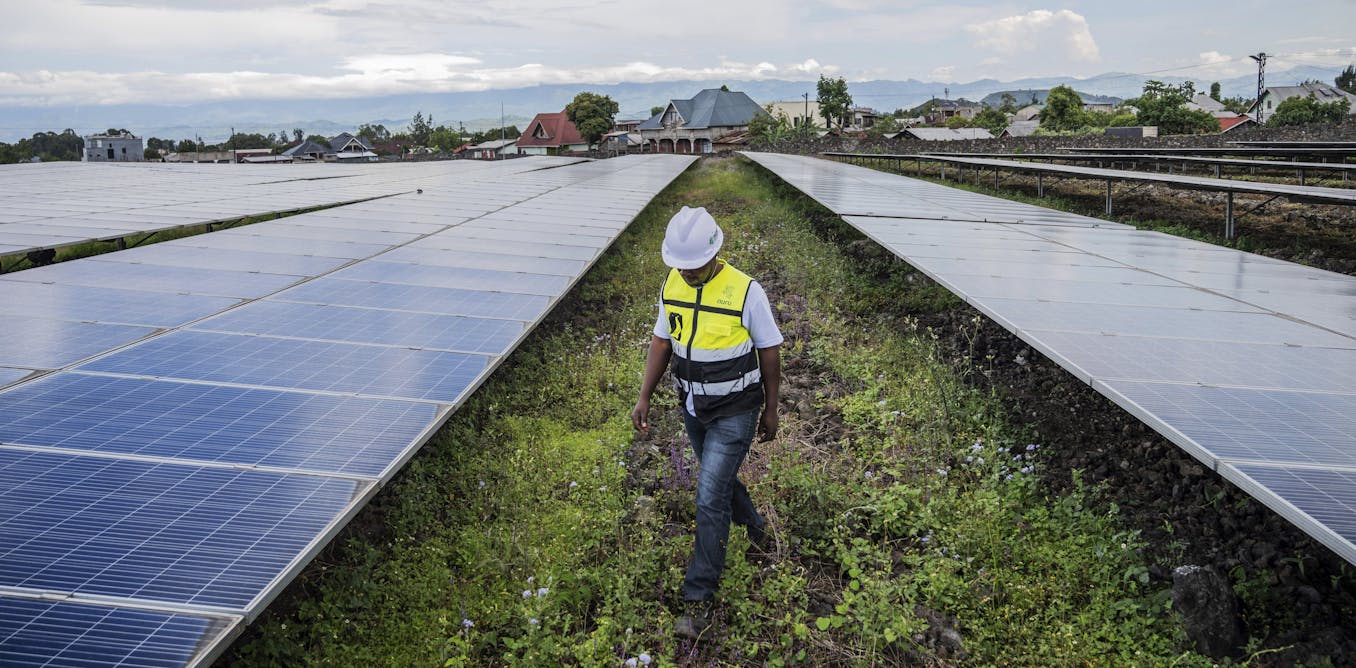
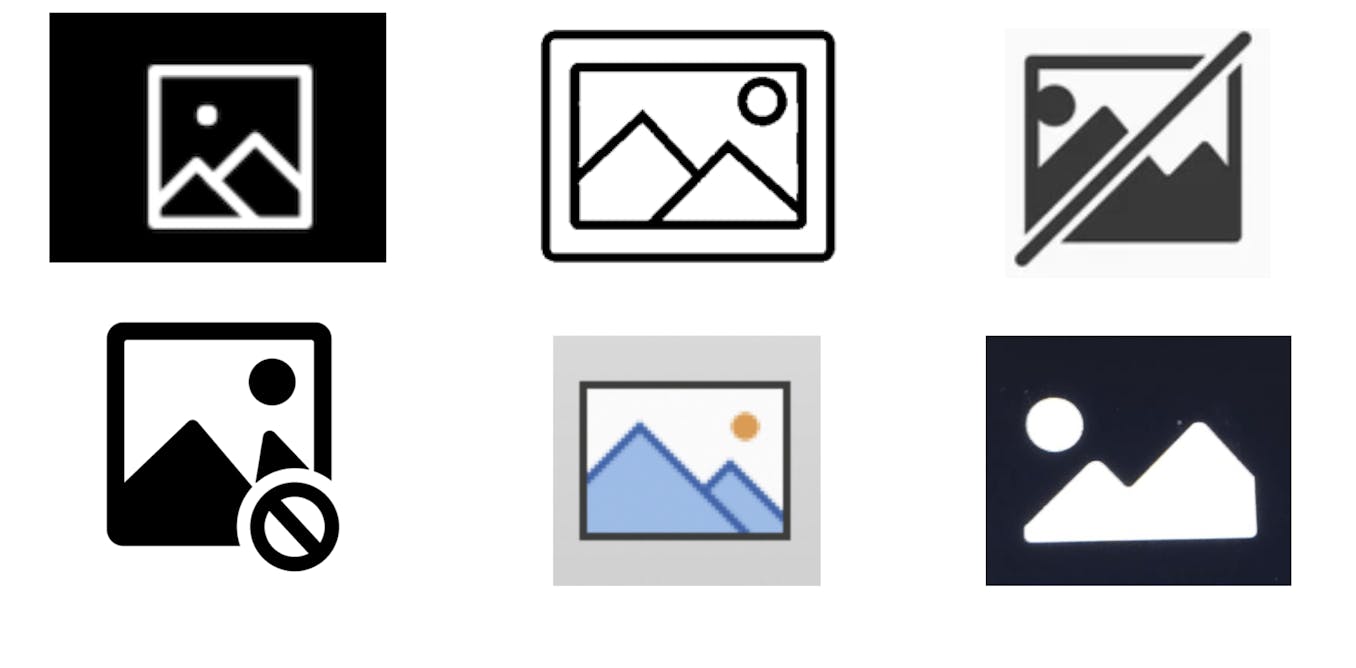

















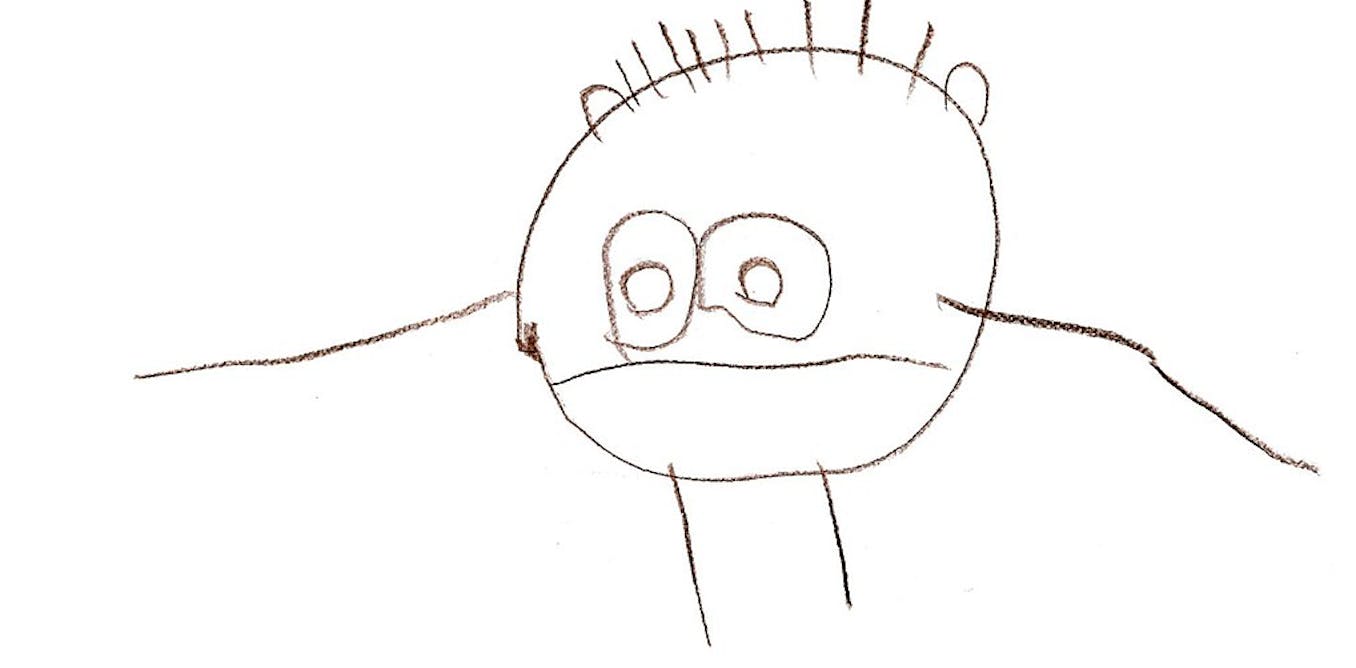


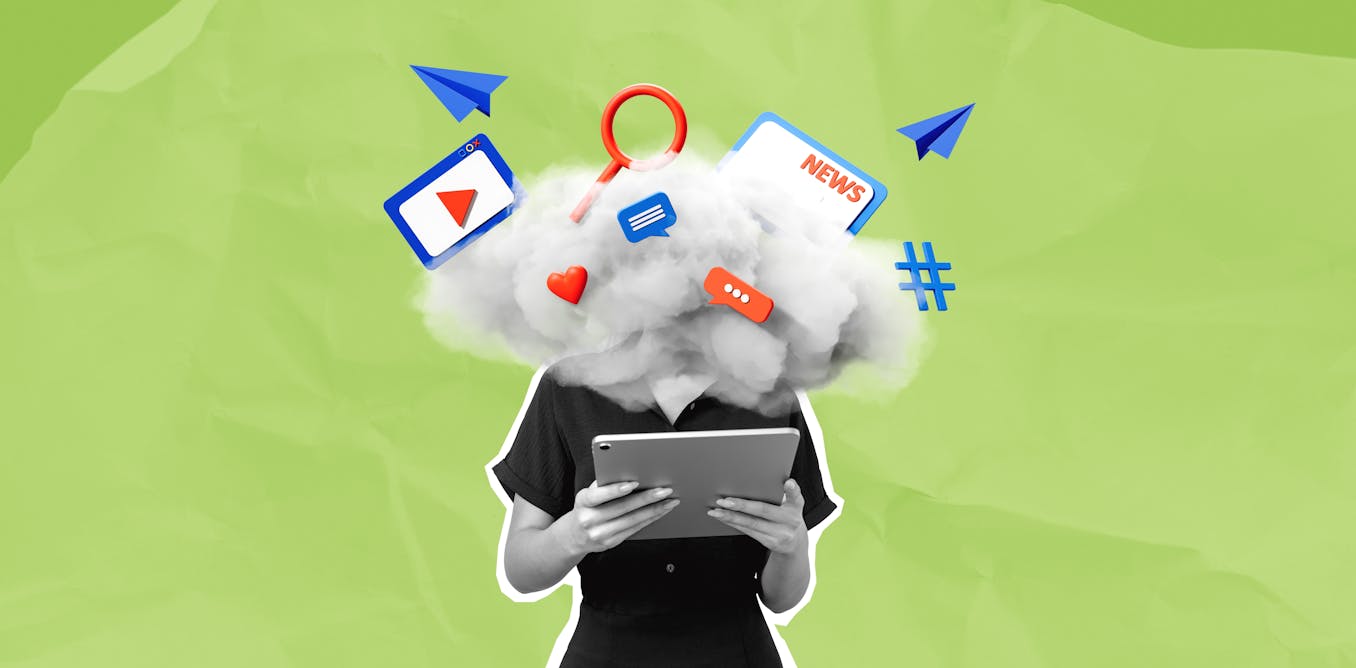


Leave a Reply